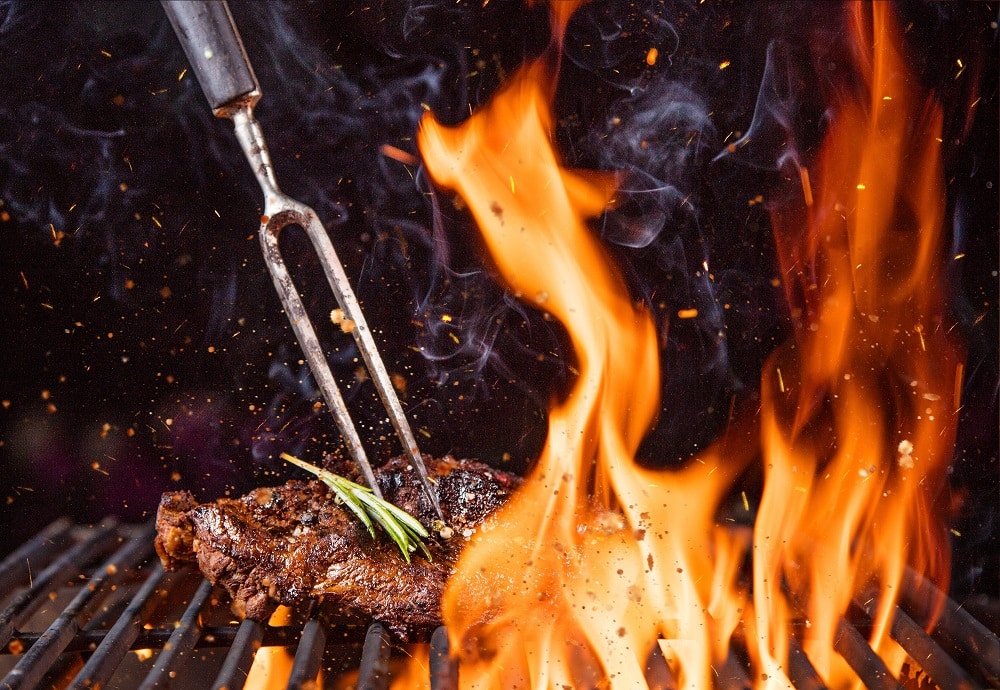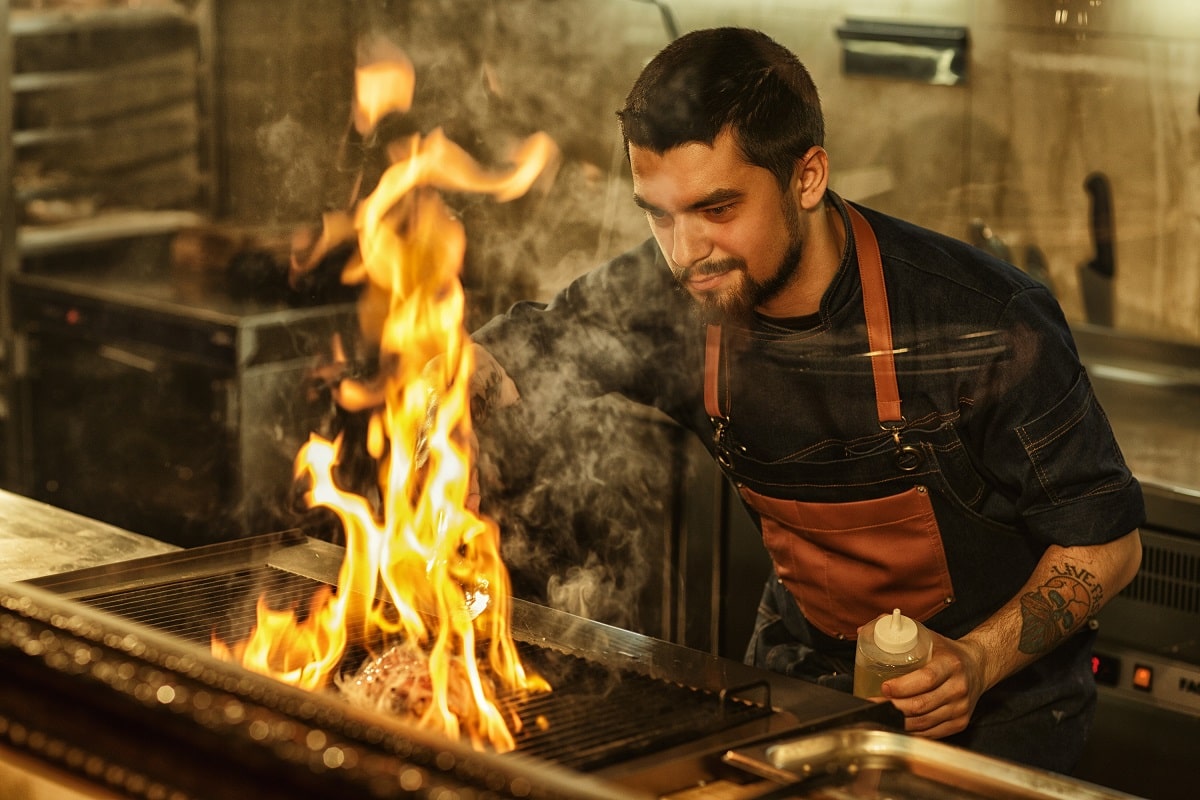There’s no denying the popularity and subsequent demand for the delicious flavor of foods cooked on a grill. Whether at home or in a commercial kitchen, a grill can impart a unique flavor upon foods ranging from meats to vegetables. Many world-renowned chefs utilize grills in their restaurants to create flame-roasted works of art that are enjoyed by people all over the planet. Even a modestly talented chef can elevate the standard cut of meat to something sublime with the help of a quality grill and a little know-how.

Because of the popularity of grilled food, there are many grill types that can be used in commercial kitchens to bring the taste of the outdoors inside. While the basic premise for any commercial grill is that it allows food to be roasted over a direct flame, there are many styles that each have their own strengths and weaknesses. While the primary difference usually involves the fuel source that is used, so long as fire is involved the results will undoubtedly please those with a palate oriented to flame-kissed meals. Keep reading to learn a little more about the different types of commercial grills on the market today.
Gas Grills
Cherished for their convenience of use and consistency in results, a commercial gas grill is one of the most common types in use in commercial kitchens today. They are fueled by gas, though it can either be propane or natural gas. Propane-fueled gas grills are sometimes portable, while grills fired by natural gas are permanently installed. They offer even heating, fine temperature control, quick response times, and simplicity of use. Also, gas grills provide a clean cook, meaning there’s no smoke to affect the taste of the food prepared upon it.
Wood-Fired Grills
Wood-fired grills use wood as their fuel source, as a fire is built in the grill’s fire box and it is fed more wood as needed throughout the cooking period. While basic models may involve manually starting the fire, many have built-in burners or elements that can accelerate and simplify the fire-building process. Wood-fired grills have the added benefit or imparting an authentic smoky taste on foods that can be appealing. Wood-fired grills must be properly vented because they can generate gases such as carbon monoxide.
Coal-Fired Grills
While wood-fired grills use wood as a fuel source, there are other similar grills that use charcoal to generate heat and flame. Charcoal grills are popular among backyard grillers, but they also can have a place in a commercial kitchen if properly vented and maintained. Like wood-fired grills, charcoal grills have a telltale flavor that is unmistakable.

Pellet Grills
While technically fueled by a derivative of wood, pellet grills are mechanically driven grills that use compressed wood dust pellets as a fuel and flavor source. The heat may come from a small gas burner that ignites the pellets or an electric burner element. The pellets burn evenly and infuse a smoky flavor into the food cooked upon them. They can be expensive, but they offer a high level of convenience, versatility of heat source, and easy cleanup.
Electric Grills
Some grills bypass the burning of fuel altogether by using heating elements to sear meats and vegetables. Electric grills have an electric burner that heats to high temperatures. While the electric grill itself has no trademark flavor, some manufacturers include wood boxes that allow flavoring wood to smolder during the cook time and provide added depth.
If you’re in the market to find the best commercial grill for your needs, you should first understand the different options that are on the market. To learn more about the various types of commercial grills available today and for help selecting the right grill to meet your needs, contact Champion Tuff Grills.
